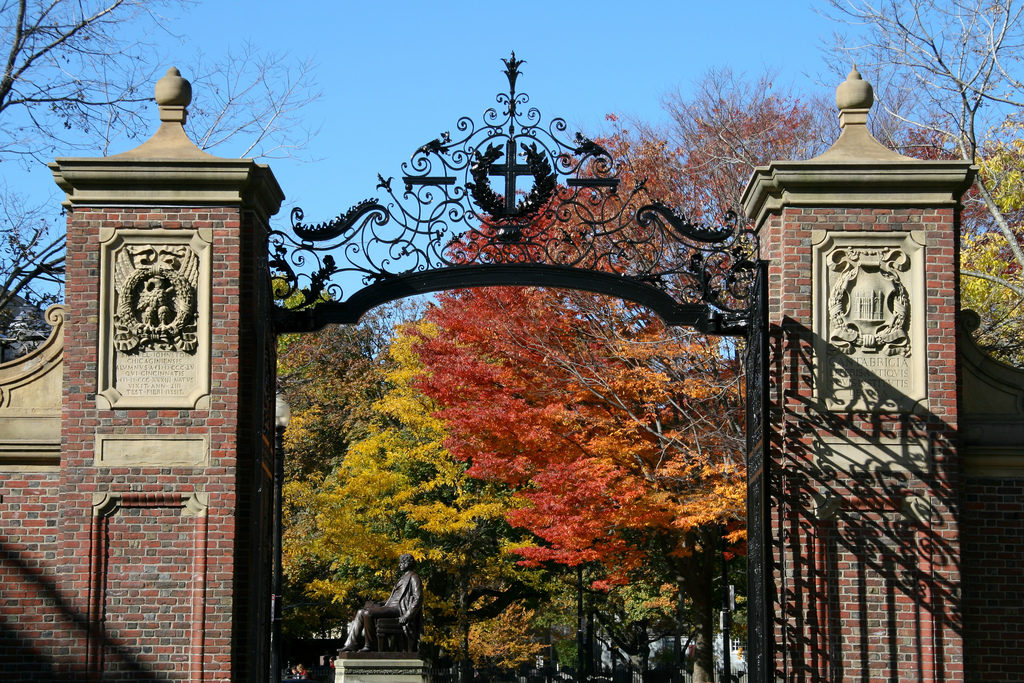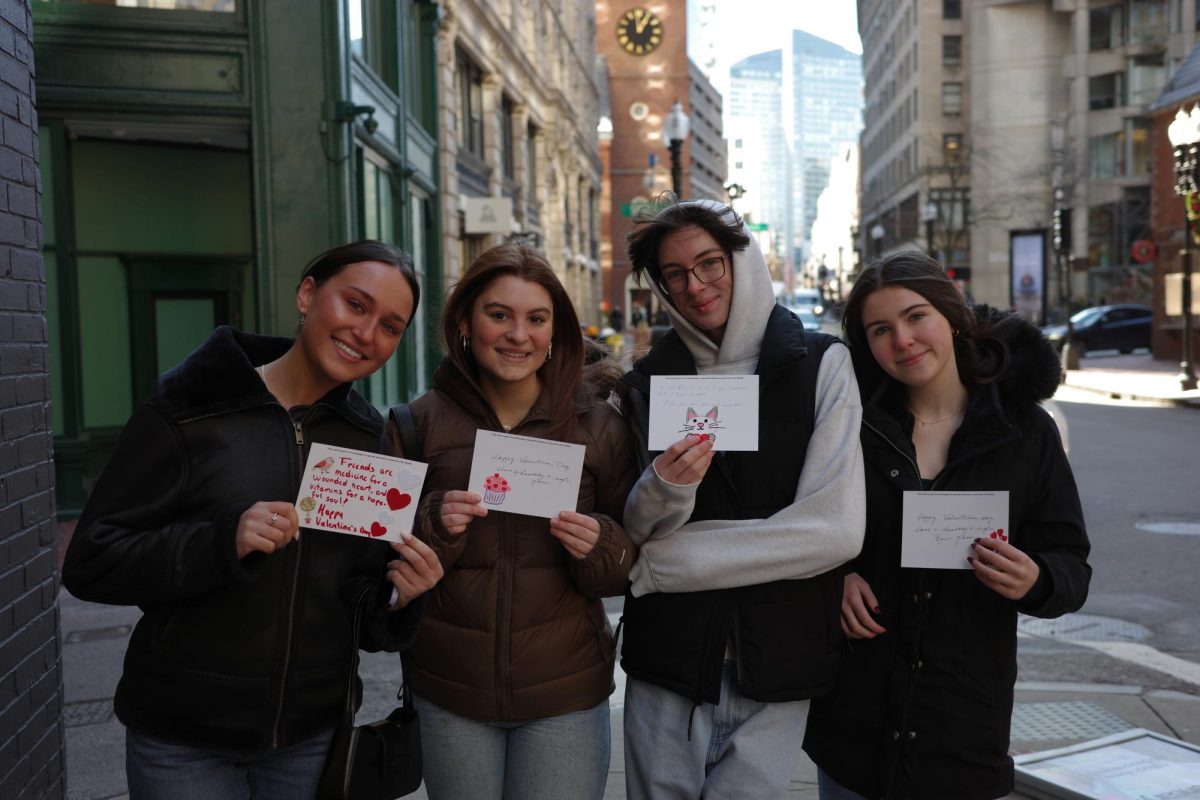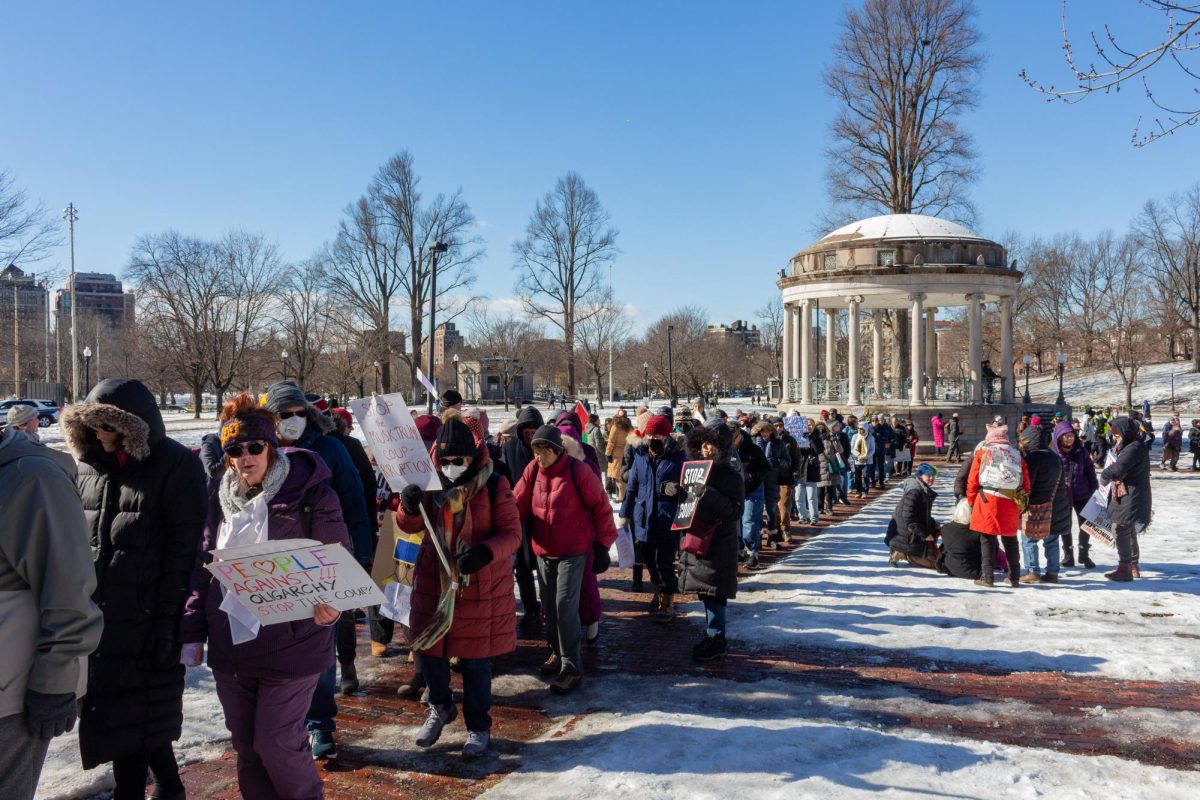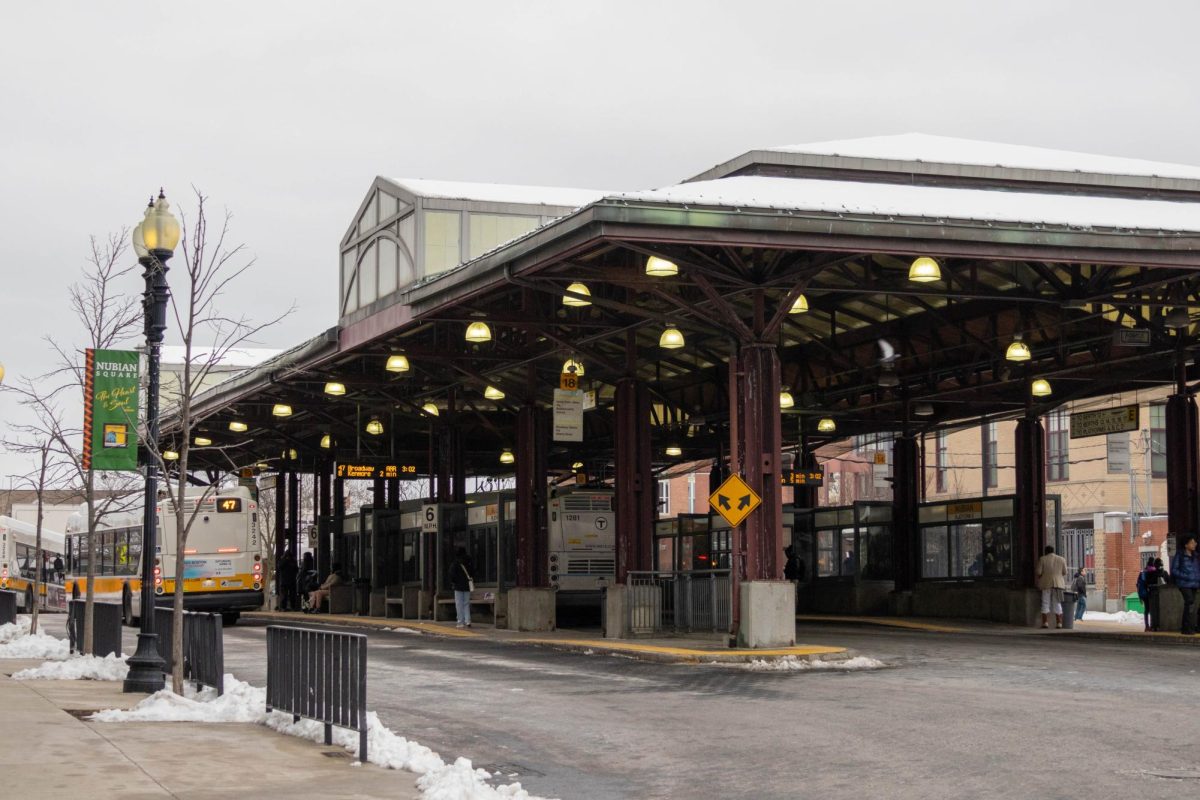By Ava Sasani, news staff
In a closely-watched trial continuing this week, an anti-affirmative action group called Students for Fair Admissions is suing Harvard University over its undergraduate admissions practices.
As Asian-Americans continue to rally around around both sides of the suit, all eyes turn to Boston Judge Allison D. Burrough, whose ruling on the trial is expected to come in two to three weeks. Regardless of this trial’s outcome, either side is expected to appeal the case to the Supreme Court of the United States upon losing, so the suit is widely anticipated to shape the future of U.S. affirmative action policy.
The lawsuit, quietly filed by Students for Fair Admissions, or SFA, in 2014, alleges that Harvard College discriminates against Asian-American applicants by favoring other, less qualified minority students. Harvard has continually denied SFA’s accusations of racial bias or ethnic quotas, maintaining that affirmative action –– admissions policies that take race into account –– have helped create a more broadly diverse student body.
SFA is led by conservative activist Edward Blum. Though Blum himself is not an attorney, he is credited with orchestrating multiple lawsuits challenging the Voting Rights Act of 1965. Blum was also the key legal strategist behind the highly publicized 2016 Supreme Court case Fisher v. University of Texas, in which a white woman named Abigail Fisher argued that she was denied admission to the University of Texas Austin because of her race. Now, Blum has stepped into his seasoned role as architect of the anti-affirmative action suit, instead claiming SFA is fighting on behalf of Asian-American students.
Dr. Delia Cheung Hom, director of the Asian-American Center at Northeastern University, is concerned that the nuances of Blum’s lawsuit have been lost amid fragmented media coverage of the trial.
“Based on some of the brief mentions that I’ve seen or heard, this case is often misrepresented as pitting Asian-Americans against Harvard,” Dr. Cheung Hom said. “We need to talk more about the ways that Asian-Americans and all students benefit from affirmative action, and also be cognizant of the ways in which Asian-Americans are being used as a racial wedge to dismantle affirmative action in higher education.”
The SFA case drew widespread media attention when court documents released this past June revealed that Harvard University consistently rated Asian-American applicants lower on “personality traits” than applicants of other races. This insight into Harvard’s university admissions was met with widespread anger, even from supporters of affirmative action policies.
Serena Parekh is an associate professor of philosophy and the director of the Politics, Philosophy and Economics program at Northeastern University.
“I think [there is] a right to challenge Harvard’s policy on admission,” Parekh said. “The question of equality has always been a contested one. Everyone — OK, most people — want a society that has some sense of equality and equal treatment, but it’s often hard to specify what that means. I think this case is pushing the question of what equal treatment means in regards to admission to elite institutions.”
The SFA lawsuit has put a spotlight on the educational privileges and disadvantages of Asian-American students in the United States. Though the court documents indicate Asian-Americans score higher academically than their non-Asian counterparts, there is tremendous socioeconomic and achievement diversity within the Asian-American community. A 2016 Brookings Research report found that although East Asians and Indians families tend to be economically prosperous, Cambodian and Hmong Americans have staggeringly high rates of poverty — 38 percent and 29 percent respectively. Southeast Asians as a whole reportedly have some of the lowest college attainment rates in the country, yet data on Southeast-Asian achievement is limited because of the broad categorization of “Asian” students.
Kelley Babphavong is a junior government major at Harvard College. A first-generation college student and daughter of Laotian immigrants, she is concerned that affirmative action policies disadvantage other Southeast Asian students applying to Harvard.
“I’m really appreciative of what Harvard has been able to provide … but I’m worried that what’s happening here is that Asian-Americans are thought of has ‘higher performing’ than everybody else, and Asian-Americans are a lot more diverse than the model minority myth lets on,” Babphavong said.
“Southeast Asians and East Asians are grouped together, which hinders Southeast applicants […] what it comes down isn’t a fight about whether or not affirmative action is inherently right; if what’s happening now is hurting Asians, then it’s failed at [affirmative action’s] goal.”










